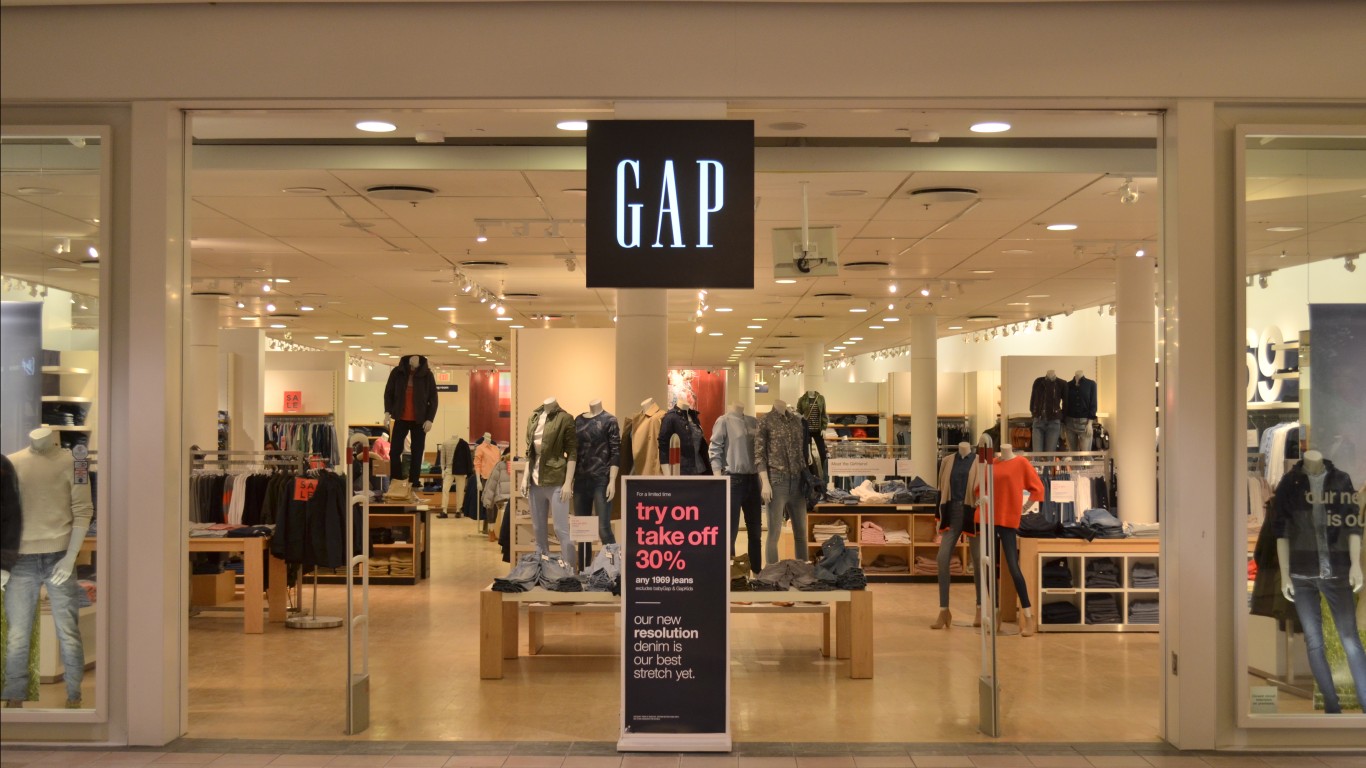Economy
Weak Retail Sales May Sour GDP Growth Targets for the Second Quarter of 2019

Published:
Last Updated:

Retail sales are often volatile on a monthly reporting basis, and the markets are getting to deal with a fresh round of negative news when it comes to the consumer spending habits of Americans. The Census Bureau reported that retail sales as a whole fell on a seasonally adjusted basis by 0.2% (to $513.4 billion) in April of 2019.
That 0.2% drop is worse than the consensus estimate from the Wall Street Journal for a 0.2% gain. It is also considerably worse than the revised March gain of 1.7% to $514.3 billion. While the monthly change number sounds atrocious, the April 2019 figure was still 3.1% higher than the retail sales data from April 2018.
Retail sales, excluding autos, was down less by 0.1% on a seasonally adjusted basis, but the consensus estimate for that figure was an expected gain of 0.7% in April.
Nonstore retailers, which includes sales from online-only retailers and Amazon (of course), were up 9.0% from April 2018.
Most segments showed weak in retail sales. The category for sporting goods, hobby, musical instrument and book stores were down 8.5% from a year ago. Weakness was also seen in electronics, clothing and hardware.
While retail sales are already known to be volatile, there are some ways that this may just be the hangover effect from a very strong March. After all, consumers had been told that the United States was close to a trade deal with China that would have averted the tit-for-tat tariffs we have read about in the news.
The other side of the coin is that perhaps consumers remain worried despite strong gross domestic product (GDP) north of 3% and the most recent 3.6% unemployment rate being the lowest in 50 years.
As a reminder, close to 70% of GDP is tied to consumer spending. That means the first month of the second quarter just kicked off with weaker GDP expectations, right ahead of the trade deal between the U.S. and China being harshly and suddenly called off.
Note that Costco and Lululemon Athletica are among the fastest growing retailers in the world, while Lowe’s and Victoria’s Secret are among the retailers closing the most stores.
Retirement can be daunting, but it doesn’t need to be.
Imagine having an expert in your corner to help you with your financial goals. Someone to help you determine if you’re ahead, behind, or right on track. With SmartAsset, that’s not just a dream—it’s reality. This free tool connects you with pre-screened financial advisors who work in your best interests. It’s quick, it’s easy, so take the leap today and start planning smarter!
Don’t waste another minute; get started right here and help your retirement dreams become a retirement reality.
Thank you for reading! Have some feedback for us?
Contact the 24/7 Wall St. editorial team.